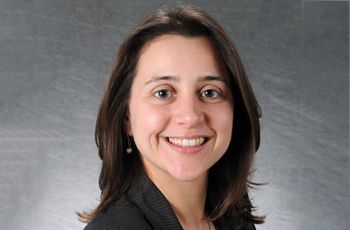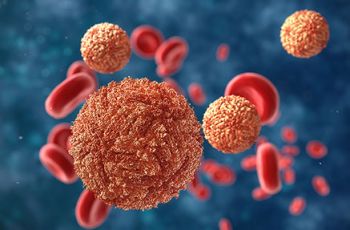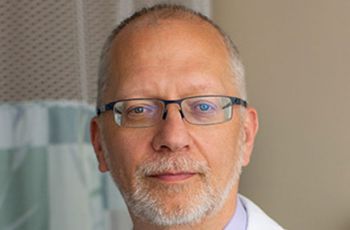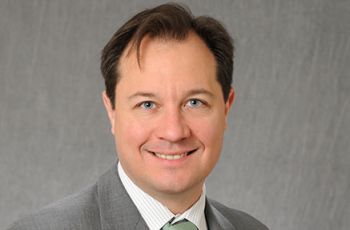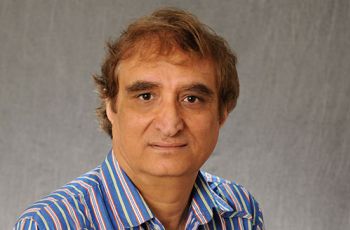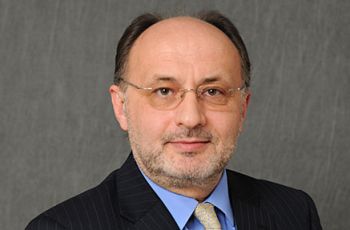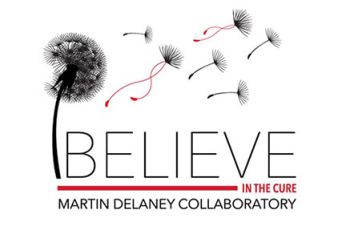Research News
Mandi Pratt-Chapman, M.A., associate center director for patient-centered initiatives and health equity at the GW Cancer Center, received a $15,000 Tier I Pipeline to Proposal Award from the Patient-Centered Outcomes Research Institute.
The GW School of Medicine and Health Sciences’ International Medicine Programs and Department of Microbiology, Immunology, and Tropical Medicine are co-sponsoring a two-day scientific research summit with the Instituto Butantan and Universidade de São Paulo focused on Zika virus. The summit takes…
Robert Kaiser, M.D., associate professor of medicine, published a paper in The Gerontologist on the challenges faced by caregivers of aging parents, drawing upon his own experiences.
Henry Kaminski, M.D. chair of the Department of Neurology and Meta Amalia Neumann Professor, was published as co-author of a New England Journal of Medicine study finding surgery removing the thymus is an effective treatment for myasthenia gravis.
GW researchers published a Health Affairs study finding that the expansion of Medicaid insurance coverage in the Patient Protection and Affordable Care Act did not increase hospital emergency department visits, as was widely predicted by policymakers and researchers.
Imtiaz Khan, Ph.D., professor of microbiology, immunology, and tropical medicine, published research in the Journal of Experimental Medicine finding a way to regulate chronic toxoplasmosis, one of the most common parasitic diseases worldwide.
Ian Toma, M.D., MSHS ’04, Ph.D.‘11, associate research professor of clinical research and leadership and medicine, was selected as a Core Fulbright U.S. Scholar to facilitate bioinformatics and genomics education and to conduct a research project in Moldova.
The GW Cancer Center received a one million dollar grant from the Pfizer Foundation to advance equitable, patient-centered cancer care by providing resources for patients and health care providers to have improved conversations, including a focus on patient health literacy, and cultural sensitivity…
Researchers from GW have received a $28 million grant from the NIH to lead an 18-site collaboration, named “BELIEVE,” to find a cure for HIV.
Jesse Pines, M.D., M.B.A., director of the Center for Healthcare Innovation and Policy Research (CHIPR), as well as other GW CHIPR researchers, created a conceptual model for episodes of acute, unscheduled care. The model, published in Annals of Emergency Medicine, will help researchers,…
